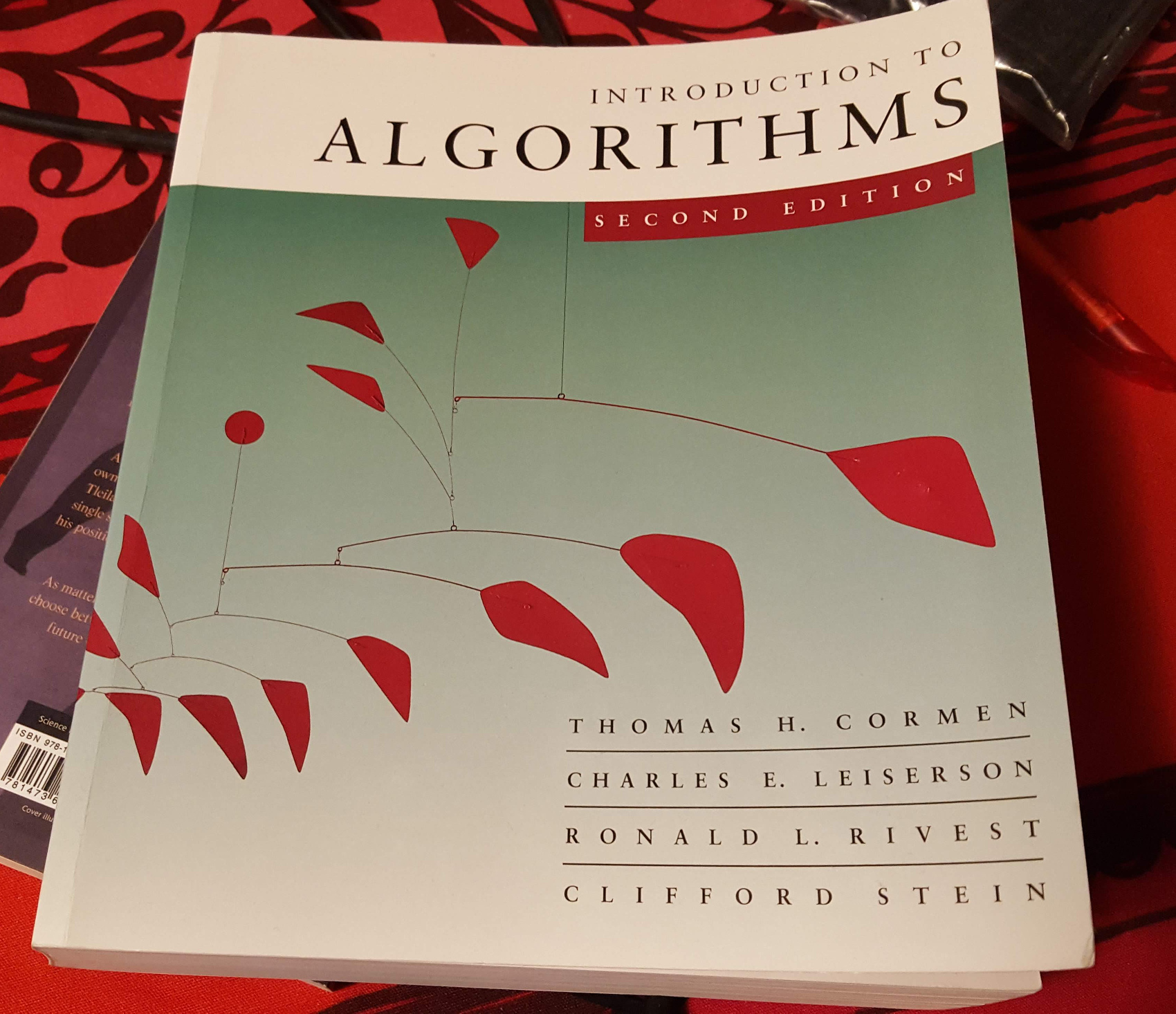Multiplying Polynomials with Fast Fourier Transform
I recently learned a very strange way of multiplying polynomials.
The straightforward way of multiplying two polynomials of degree n takes O(n^2) time: multiply each term from one polynomial with each term from the other.
There is a clever algebraic optimization that has running time O(n^lg3). Explanations of that algorithm can be found here, here, and here.
Surprisingly, there is a much faster O(n log n) algorithm. Even more surprisingly, the algorithm solves the problem via a completely different mathematical domain by using the Discrete Fourier Transform (DFT). The algorithm works as follows: take the DFT of the input polynomials, point-wise multiply them together, then take the inverse DFT to get the result. Plain DFT is not fast enough, taking O(n^2) time, but the Fast Fourier Transform (FFT) can be used instead and it takes only time O(n log n). Point-wise multiplication takes time O(n), so the total running time is O(n log n)!

A detailed explanation of the FFT-based algorithm can be found in Introduction to Algoithms, Second Edition, by Cormen, Leiserson, Rivest, and Stein (Chapter 30). The best and most complete description I’ve read is the one from the book, but there are a few resources online: like these lecture notes which summarize/copy material from the book.
Fourier Transforms are normally used for digital signal processing applications (image, audio processing). The Fourier Transform breaks up a signal into its individual frequencies. Polynomial multiplication, on the other hand, is a form of combinatorial problem. Learning that we can use FFT to multiply polynomials makes me wonder if FFT can be used to speed up other problems in combinatorics.